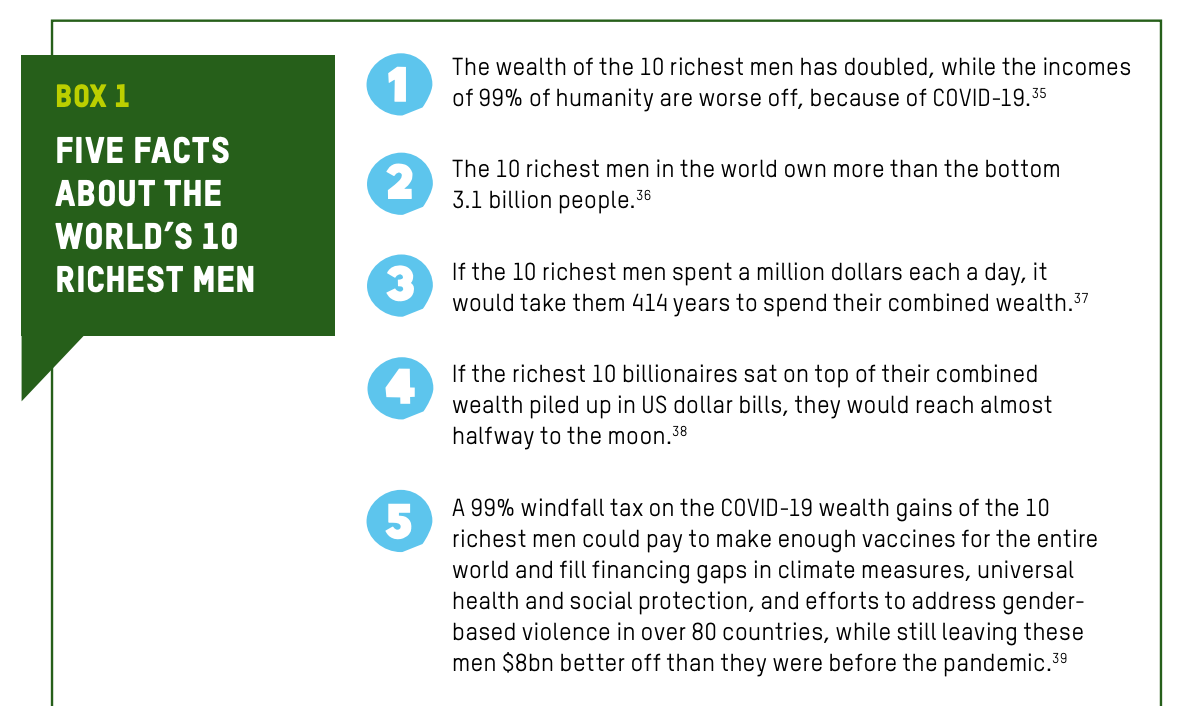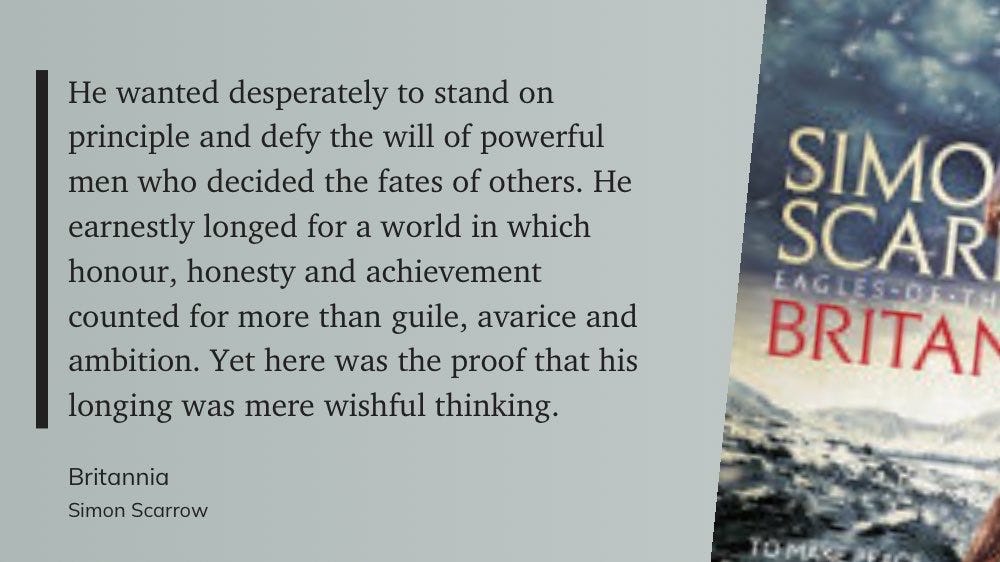What I'm reading on corruption, crime & conflict - #26
The liberal order, PEA & intelligence, state capture, citizen attitudes on terrorism & bribery, smuggling, Ukraine, Afghanistan, Romans, Beowulf, cat videos and much more!
See Part 1 for ‘Welcome’ and ‘Highlights’
Shorts
A bonanza for people interested in smuggling can be found in the new Routledge Handbook of Smuggling, edited by Max Gallien and Florian Weigand, and which is entirely open access. This includes a chapter from my colleague, Sami Bensassi, with Jade Siu, on ‘Quantifying missing and hidden trade: an economic perspective’. Information on Sami’s SOC ACE project on ‘“Between a rock and a hard place”: central banks and trade-based money laundering in a time of stress’ can be found here. As a side note, Max’s paper on ‘Researching the politics of illegal activities’ is a serious must read for anyone in the field.
Two new articles on ‘social bads’ and citizen attitudes: one from Amelie Godefroidt on ‘How terrorism does (and does not) affect citizens’ political attitudes: a meta-analysis’, and another by my colleagues Nic Cheeseman and Caryn Peiffer on ‘The curse of good intentions: why anticorruption messaging can encourage bribery’. You can find out about Nic and Caryn’s current SOC ACE research on ‘Getting the message right: how to fight serious organised crime and corruption’ here.
OpenDemocracy’s report by Alice McCool and Khatondi Soita Wepukhulu on ‘US conservatives spreading anti-vax misinformation to unvaccinated Uganda’ is disturbing, with serious consequences for health security in Uganda and globally, as well as for the liberal order (see Cooley and Nexon for related examples).
Shannon Zimmerman argues that ‘Peace and security are not the same thing’ in this piece for the Lowy Institute, arguing against combining peacekeeping and counter-terrorism, the latter of which she says ‘closes off political space that successful peace operations need’.
Ivan Gunjic’s report for U4 on ‘Albania’s Special Courts against Corruption and Organised Crime’ includes interesting insights on a different way to embed anti-corruption/counter-organised crime reforms within wider judicial reforms, including why thinking about political and technical feasibility is important from the start.
Liz David-Barrett has been doing some interesting thinking recently about state capture, including here in the UK, and her piece for OpenDemocracy on ‘If Tory whips are blackmailing MPs, that’s corruption. We should call it that’ assesses current scandals through this wider lens.
For Ukraine watchers, Michael Hikari Cecire, senior policy advisor at the Helsinki Commission, has written about why ‘Half measures are worse than nothing in Ukraine’ for Foreign Policy, where he argues that speed and plausibility are key, i.e., ‘steps that not only can be taken quickly but that Russia will believe Washington will carry through’.
Another Ukraine read is an article from the UK’s Defence Secretary, Ben Wallace, which focuses in large part on President Putin’s article ‘On the historical unity of Russians and Ukrainians’. Beyond being an interesting read in its own right, what I found most striking about Wallace’s article is how different it is from most outputs from UK ministers: an article, not a speech or press release, that reads as if he’s written it himself, rather than something pulled together with (or by) special advisors and officials. Whether or not that’s true, I don’t know, of course, but it would be nice to have more of this sort of thing. It makes for more interesting reading anyway…
Human Rights Watch’s report on ‘Afghanistan: Taliban deprive women of livelihoods, identity’ raises a lot of important questions for both the Taliban government and the international community. Well worth a read along this story by Emma Graham-Harrison in the Guardian called ‘“We are struggling”: two former officials at Afghan women’s affairs ministry’.
Mirko Heinzel’s paper on ‘Divided loyalties? The role of national IO [international organisation] staff in aid-funded procurement’ finds that the context-specific knowledge national staff have increases the development effectiveness of procurement. Food for thought.
I can’t remember how (or why) I came across this 2016 article from Justin George on ‘State failure and transnational terrorism: an empirical analysis’, but it’s interesting in how it draws on country panel data from 1995-2013 to show that ‘failed states’ don’t produce terrorists that carry out attacks in other countries and only experience significantly more transnational terrorism themselves when perpetrators are from the home country. It seems that the conditions that make a ‘failed state’ also make it difficult for foreign terrorists to operate. I have no idea whether or not the the data is there to assess it, but it would be interesting to see if the same holds true for transnational organised crime. (If someone knows of research on this, please let me know!)
People interested in tracking unrest, corruption, inequality, violence and so on will find this piece by Jeremy Cliffe in the New Statesman on ‘Why the global middle class is in revolt’ worth reading. It’s good to read alongside Benjamin Press and Tom Carothers ‘The four dynamics that drove protests in 2021’, drawing on Carnegie’s new Global Protest Tracker data, with the four dynamics being: 1) resistance to coups and rising authoritarianism, 2) fierce political contestation, 3) frustration with public health responses and 4) economic insecurity. Apparently, a system that allows the stonking inequality outlined in Oxfam’s recent report on how ‘Inequality Kills’ in the context of COVID-19 is a Very Bad Thing. Who woulda thunk…
Just for fun
I was looking for a fun read in the lead up to Christmas, and a friend suggested I look at Simon Scarrow’s Eagles of the Empire series. I wasn’t sure what I’d make of it, given it’s very heavy on battles and the ins and outs of life in the Roman army, but I’m now on book 14 (out of 20) in the series already, so it’s safe to say that I absolutely love it. The relationship between the two main characters - the grizzled, older veteran Macro and his younger protégé (and eventual superior) Cato - is a delight, filled with warmth, humour (ribald and otherwise), sarcasm, bravery, honour, respect and love. The settings and historical features are wonderfully wrought, the battles (and surgeries that follow) are gruesome, and I’m learning much more about history than I expected (not in the least because I keep googling things as I go along). You can follow along with their journey through this interactive map (click on this link rather than the image below).
The novels also tell us a lot about leadership, honour and integrity. I could have chosen many quotes, but I like this one in particular today. I’m dedicating it to a dear friend and one of the best men I know. Semper somniare aude, mi amice (as Cato might say to Macro, who would probably reply, ‘Oh, bog off, sunshine…’).
I loved Seamus Heaney’s translation of Beowulf when it first came out in 1999, and I was excited to hear about a new translation by Maria Dahvana Headley that’s had rave reviews and is described as a feminist translation of the ancient epic poem for our times. I’ll admit that I don’t love it - or rather, there are aspects of it that I absolutely love and aspects that I don’t. I’ll share a couple of passages side by side, both of which I really like despite their differences, and readers can make up their own minds.
The opening (Heaney): So. The Spear-Danes in days gone by and the kings who ruled them had courage and greatness. We have heard of those princes' heroic campaigns. The opening (Headley): Bro! Tell me we still know how to speak of kings! In the old days, everyone knew what men were: brave, bold, glory-bound. Only stories now, but I'll sound the Spear-Danes' song, hoarded for hungry times. Grendel preys on Heorot for 'twelve winters' (Heaney): So Grendel ruled in defiance of the night, one against all, until the greatest house in the world stood empty, a deserted wallstead. For twelve winters, seasons of woe, the lord of the Shieldings suffered under his load of sorrow; and so, before long, the news was known over the whole world. Sad lays were sung about the beset king, the vicious raids and ravages of Grendel, his long and unrelenting feud, nothing but war; how he would never parley or make peace with any Dane nor stop his death-dealing nor pay the death-price. No counsellor could ever expect fair reparation from those rabid hands. All were endangered; young and old were hunted down by that dark death-shadow who lurked and swooped in the long nights on the misty moors; nobody knows where these reavers from hell roam on their errands. Grendel preys on Heorot for 'twelve snow-seasons' (Headley): For twelve snow-seasons, Grendel reigned over evening. Hrothgar suffered, Heorot buffeted, no hero to hold it. Every outsider talked shit, telling of legends and losses. Hrothgar's hall became a morgue, dark marks on floorboards. No songs, no scops, no searing meat, no blazing fire. And Grendel, incomplete, raided relentlessly. Dude, this was what they call a blood feud, a war that tore a hole through the hearts of the Danes. Grendel was broken, and would not brook peace, desist in dealing deaths, or die himself. He had no use for stealth - he came near-nightly, and never negotiated. The old counselors knew better than to expect a settlement in silver from him. Ringless, Grendel's fingers, kingless, his country. Be it wizened vizier or beardless boy, he hunted them across foggy moors, an owl mist-diving for mice, grist-grinding their tails in his teeth. A hellion's home is anywhere good men fear to tread; who knows the dread this marauder mapped?
For anyone with younger children (but old enough to enjoy a little bit of gruesomeness), the Usborne Young Readers version of Beowulf was on repeat for bedtime reading in our house for years. Michael Morpurgo’s version is wonderful as well, but Victor Taveres’ illustrations in the Usborne version are ‘amazing’ (as reviewed by my children back in the day).
Finally, we bought a new TV for Christmas, the first one in ‘twelve snow-seasons’. My, how technology has moved on. It’s not big or expensive or fancy, but the picture is unbelievably better. Our 14-year old cat, Bonnie, has suddenly started watching tv, presumably because she can see and hear things more clearly. I made the mistake of showing her a video for cats on Youtube, and she now sits in front of the TV demanding we put on her programme like the old lady boss of the house that she is. Perhaps not my smartest move…







